Chronological Understanding
Sequencing, events, stories, pictures and periods over time to show how different times relate to each other and contribute to a coherent understanding of the past. You don’t have to teach topics in chronological order but need to relate the topics you teach to their chronological context.
-

Pull-out Posters: Primary History 69
ArticleClick to view -

Viking and Anglo-Saxon struggle for the kingdom of England
ArticleClick to view -

Assessment and Progression without levels
ArticleClick to view -
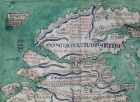
Britain's settlement by Anglo-Saxons and Scots
ArticleClick to view -
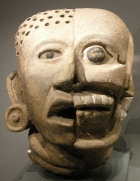
The Maya: a 4,000-year-old civilisation in the Americas
ArticleClick to view -
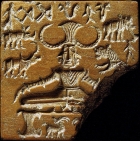
Investigating the Indus Valley (2600-1900 B.C.)
ArticleClick to view -
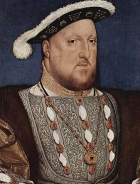
What do we mean by Big Picture History?
ArticleClick to view -

Place-names and the National Curriculum for History
ArticleClick to view -

Pull-out Posters: Primary History 68
ArticleClick to view -

Britain from the Iron Age to Robin Hood
ArticleClick to view -
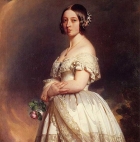
Victorians
ArticleClick to view -
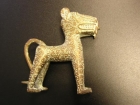
Eweka's story: Benin and Big Picture History
ArticleClick to view -

Teaching Ancient Egypt
ArticleClick to view -

Why stories?
ArticleClick to view -
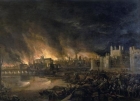
The Great Fire of London and the National Curriculum
ArticleClick to view -
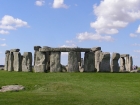
Stone Age to Iron Age - overview and depth
ArticleClick to view -

The Early Years Foundation Stage Curriculum
ArticleClick to view -

Churches as a local historical source
ArticleClick to view -

Ideas for Assemblies: historical events
ArticleClick to view -

Constructivist chronology and Horrible Histories
ArticleClick to view

